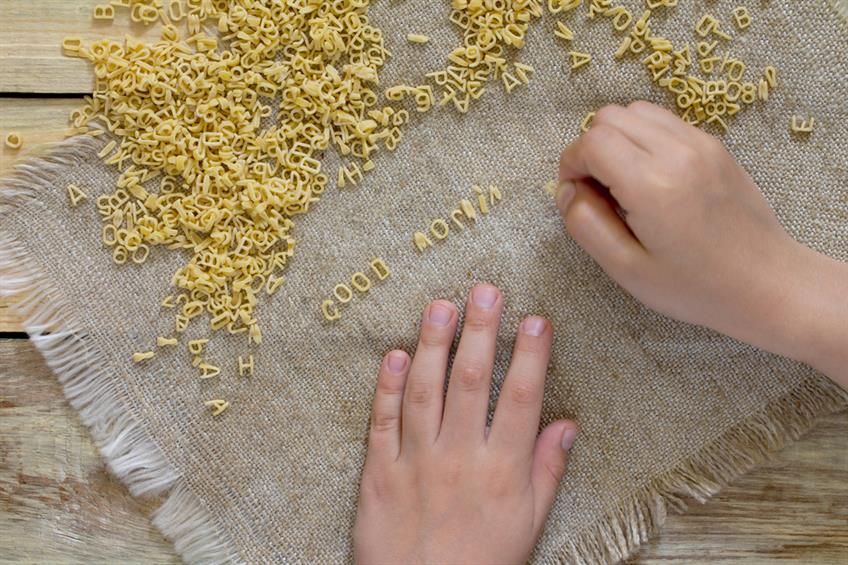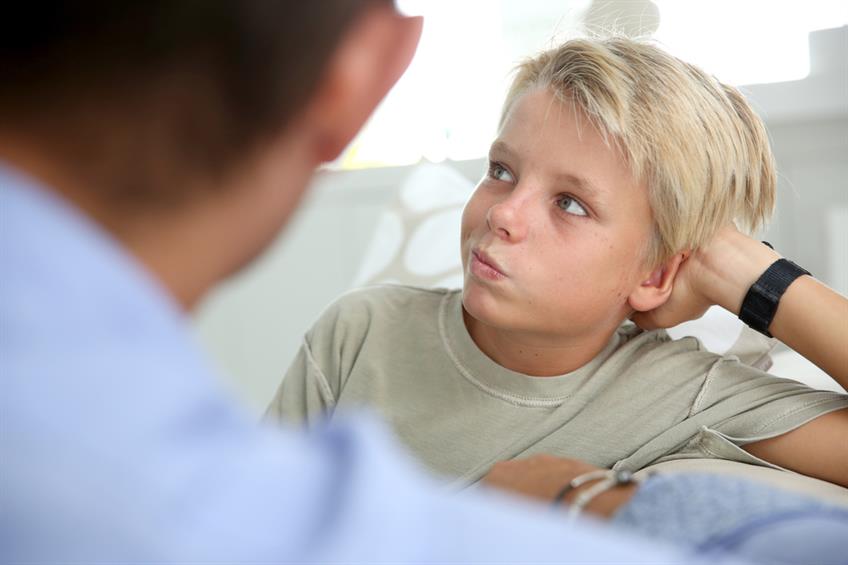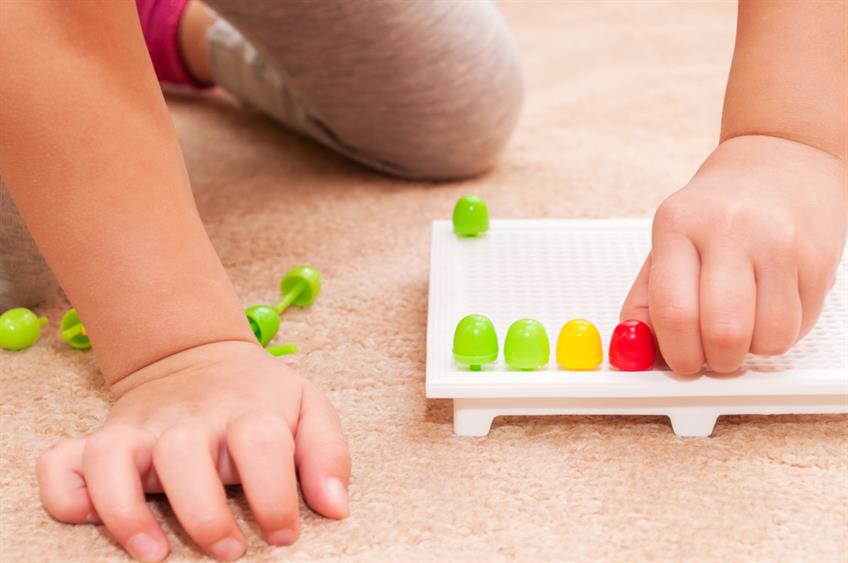Parental Guide to Social Language Skills Delays

Social language skills refer to the verbal and nonverbal rules which dictate social interactions. Although some social language skills vary from one culture to another, there are many universal social skills used across all cultures on a daily basis.
First and foremost, it’s important to note that we don’t need to say anything to use social skills. Social language skills encompass nonverbal language as well. Ideally, when someone we know enters a room, people who are already present in that room make eye contact as well as nod or speak to them. People may acknowledge such presence in many other ways i.e. a smile, wave etc. These are perfect examples of what people usually do in social situations when they see people they know.
Although these social responses may seem natural, some children may find it difficult deciding what they should do in social situations. If your child has problems deciding how to respond in social settings despite his/her peers being able to do so effortlessly, he/she may have impaired social skills or simply, a social language skills delay.
Since social language skills delays aren’t always apparent to outsiders, children who exhibit such delays may be mistaken to be bad or weird.
Signs of Social Language-Skills Delays
Children who have social language skills delays exhibit many inabilities the most common being;
- An inability to use language in social settings i.e. greeting, questioning, requesting and explaining.
- Inability to change language effectively when a situation dictates it. For instance, children with social language skills delays have trouble using appropriate language volume indoors/outdoors.
- Inability to follow universal rules of social communication such as; taking turns in conversations, initiating as well as maintaining a topic, using good nonverbal social language skills like eye contact and facial expression.
Effects of Social Language-Skills Delays
Children who take longer than normal to develop social language skills have problems making friends. This usually results in many other serious problems such as low self-esteem and depression. Social language skills delays also affect children’s performance in schools. It is, therefore, important to seek medical attention if your child exhibits any of the above signs of social language skills delays.
Causes of Social Language-Skills Delays
Social language skills delays are usually associated with autism. They can, however, develop independently. Other disorders associated with language skills delays include Asperger’s. Other common causes include emotional trauma which is known to derail social development. It’s also worth noting that children may have difficulties communicating appropriately in social situations simply because they don’t know/haven’t learned how to communicate socially.
Treatment of Social Language-Skills Delays
If you sense your child may have social language skills delays because they exhibit one or more of the above signs, you should seek professional help from a speech-language pathologist (SLP). SLPs are the best-suited language professionals for addressing social language skills delays in children. Seeking medical help immediately is critical since it ensures your child doesn’t fall behind.
Fortunately, social language skills can be learned. Speech-language therapists offer children the much-needed assistance to boost their social skills. In cases where social language skills delays are caused by underlying neurological disorders, treatment of such disorders alongside speech therapy can help children learn all the basic social language skills they need to communicate effectively in social settings.
What Can You Do as a Parent?
Parents who have children with social language skills delays can help their children develop good social skills as they get professional treatment from speech-language pathologists. For instance, parents can offer opportunities for their children to practice social speech i.e. provide role-play situations. Parents can also organize playgroups, play dates, enroll their children in daycare, etc. to offer them perfect opportunities for learning social language skills.
Parents can also involve children with social language skills delays in simple tasks such as encouraging their children to order their own food in restaurants, participating in conversations with other children, etc. Parents can also purpose to be good role models of conversation/social skills. For instance, you can help your child keep a conversation going by asking a question on their behalf as well as encouraging them to keep expressing themselves. Ensuring you make eye contact when your child is talking to you can also go a long way. Since children learn by imitating their parents, your child is bound to learn critical social language skills if you purpose to teach/practice good social language skills yourself.
Related Posts

While all children develop differently, there are a number of milestones that may indicate your school-aged child is having difficulty with fine motor skills and would benefit by seeing an Occupational Therapist for an assessment and therapy, or intervention, plan. If you have a concern, consult your healthcare practitioner, or contact [insert link] our office for more information or to arrange an assessment.

While literacy includes reading and writing skills, it also involves a relationship with expressive language (communication). Many of the same basic skills needed for oral language are also needed for written language, with the addition of some higher-level skills. Early indicators a child may have difficulty with literacy: Family history of reading disability. First word not produced until after 15 months of age. Words not combined until after 24 months of age. Difficulty pronouncing words when older than 6 years of age. Lack of awareness and ability to use rhymes during preschool years. Inability to segment words into syllables after age 5.

Speech and language development is important for reading, writing, and learning. Early identification of challenges leads to early treatment and better outcomes in school. The following are standard milestones and may indicate a speech or language disorder. If you have concerns, see your healthcare practitioner or Contact Our Office to arrange an assessment.








